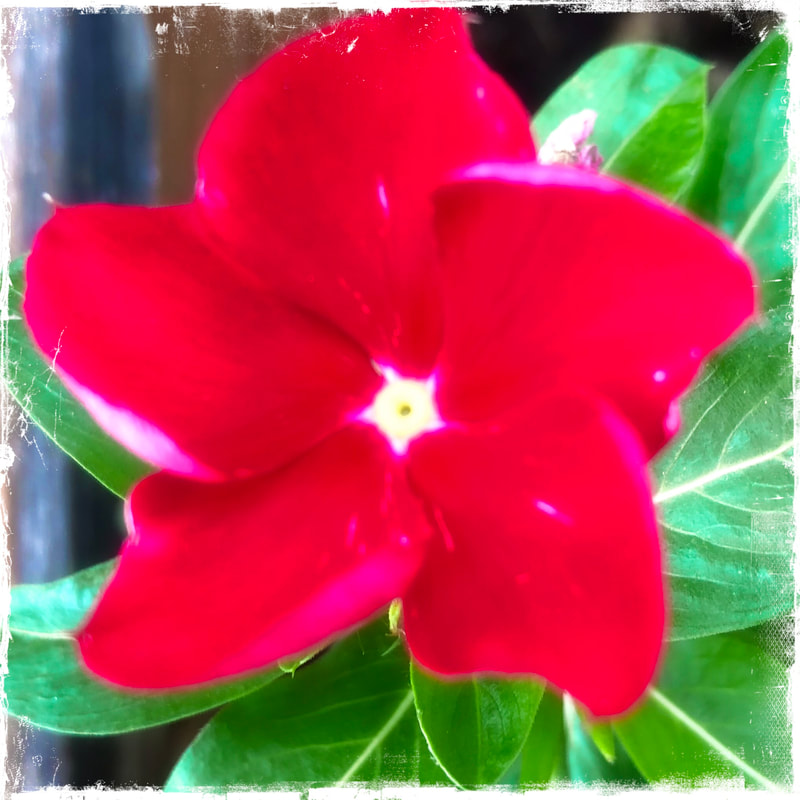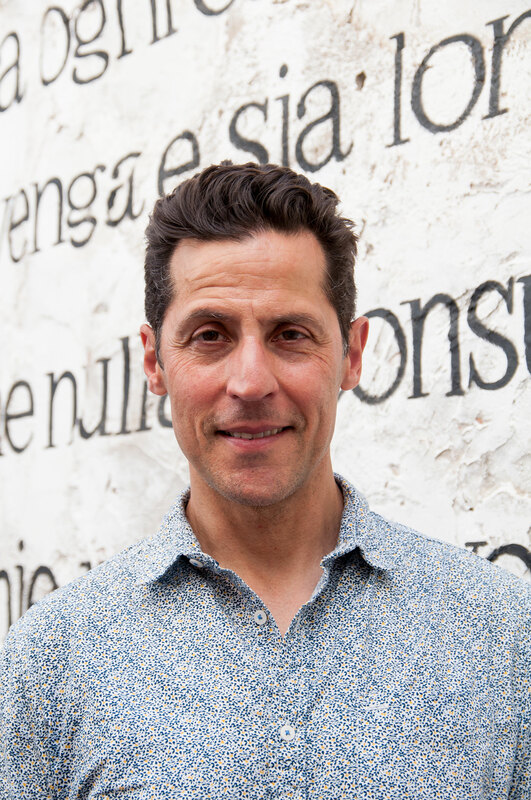ASSAY: A JOURNAL OF NONFICTION STUDIES
5.2
5.2
|
In her brilliant The House of Early Sorrows released in 2018, just a few months before Louise’s death—a sort of greatest hits of her memoristic work—I know Louise has changed parts of her riveting essay “My Sister’s Suicide” along with some of the other work most of which I’ve known in various versions.
I applaud Louise’s consistent respect for the writerly editing process, and I know during our conversations that I’ve heard different versions of personal information she’s written about in her books, as well. Nonetheless, to use a very De Salvo-an word I’m “befuddled” by the idea of her messing with this particular essay. I’ve written at length about the essay “My Sister’s Suicide” which is also a pivotal section of Louise’s best-selling, prizewinning, memoir Vertigo (1997). My work on this essay has cost me a lot emotionally and psychically because of the overwhelming subject matter: suicide/death, physical and sexual abuse, and also violence of other kinds. I’ve taught the book at least a half dozen times to a variety of classes, even once in a poetry workshop to illustrate and make the argument that Louise is an expert at pacing; at the subtle juxtaposition of contradictory material; at cutting to the chase with the exact poetic cadence, while always eschewing the use of language that didn’t feel authentic to her. Louise had a way of working with words that I truly admired. She seemed often to be trying out the word, or tasting its effects, as though they were part of a favorite recipe she needed to get just right. Louise had an extremely physical experience with language and during our conversations she used to repeat phrases and ideas, and often ask me about Italian words, just so she could be sure to pronounce them adequately (not necessarily accurately), or think more about their etymologies. More important, Louise was unafraid to discuss any of the many difficult, psychologically devastating topics she skillfully engaged in her work and during her life, including some similar experiences we share that she was committed to understanding as fully as possible. I first met Louise in 1996 when I was still a practicing social worker in NYC working in AIDS services and foster care planning. I had been invited to give my first public reading at Barnes in Noble, Astor Place. It was late June; I remember exactly because the reading was introduced as a Gay Pride event, unbeknownst to me. And this revelation pretty much shocked and unnerved me. Louise was sitting with Edvige Giunta, right in the middle of the audience, both in my direct sightline and the two of them were beacons of a knowing and smiling intensity. I read early versions of several sexual abuse and incest poems (that would become part of my collection Cut Off the Ears of Winter) and now I was feeling even more vulnerable. After the reading, they came up and introduced themselves. I had sloughed off the gay pride connection by claiming I didn’t know “nothing” about this gay reading stuff, as a joke of course. And Louise commented how funny and disarming that seemed to her, given the material. But both Edi and Louise, these two well-known professors, offered great solace and recognition of the work’s value. I instantly fell in love with both of them. Louise thanked me for being brave, and encouraged me to understand how humor could deflect and also reinforce the impact of my ideas. In fact, Edi would be responsible for my first publication ever, one of those very poems, in VIA: Voices in Italian Americana in 1997. Ever since, my friendship with Edi continues to be one of the most satisfying and fulfilling of my life on a regular basis, because it so effortlessly combines my intellectual work with my affective life. I know Edi learned a lot of these lessons about balancing the personal and professional from Louise, because as a trusted confidante, Edi would tell me so and share the wisdom as discreetly as her conscience allowed. Like some of us, I was always little bit afraid of Louise’s intensity, even as I worked through her more direct and complex lessons. Louise, as many people know, was incredibly straightforward, and she expected that sort of engagement and response back. I was happy to oblige, because I knew in the end I would learn from her; and that her work would inspire and help mine continue to grow. During my last conversation with Louise this past September, just a month or so before she passed, she asked, as always, how my work was going, how I was feeling? How my mother was doing? Even as Louise struggled with the end stages of her cancer that she kept relatively hidden from most people, she was selfless in asking about others and offering incisive advice, as usual, whether I asked for it or not! About my own mother and family, she said, “don’t listen to them, your mom’s 93 and has a broken hip get her into a nursing home; your family will always be crazy and difficult. Don’t speak to them again until they listen to you.” It was Louise’s way; she didn’t want to talk about her health or her legacy, though she engaged me for quite a long time on that phone call. I like to think she listened anyway and we’re able to write about her here to help preserve her legacy, for which I’m glad and honored. In that spirit, I want to conclude by offering a few collaged sections of her work from The House of Early Sorrows—just three short excerpts that speak to me at an intimate level, which I underlined and reacted to as I was rereading the collection in getting ready for recent memorial service. In some cases, I provide a quick little context to help the excerpts make more sense. This first piece from the “Prologue” of this latest book, I first solicited and published in the Ocean State Review at the University of Rhode Island where I work. “All a memoirist of people who led obscure [immigrant, working class] lives can do, all I can do, is try to imagine their lives from the few shreds of evidence left behind to represent them, to re-present them to readers. [. . .] To accord them a little gift of time, remembrance, respect, and, yes, try to ensure that their deaths do not erase the meaning and significance of their lives” (xvi). From her essay “Lifeboat” about her father forcing her to swim two miles across Lake George when she was seventeen: “Typical Navy bullshit, not insisting you have to know what you need to know to survive. […] “Better,” my father said, “to die alone that to be dragged to the bottom of the ocean by someone clawing at you because he was too lazy or too stupid to learn what he should know to take care of himself” (9, 10). Finally, I’ll end with the last paragraph from “White on Black” an essay that also appeared in the anthology Embroidered Stories: Interpreting Women’s Domestic Needlework from the Italian Diaspora (2014). The title references the gift to Louise’s grandmother, an immigrant from Puglia, of a store bought black sweater with white embroidering, which she refused to wear. The piece is obviously also a metaphor for writing and revising, and about our own humble intensities that often go unrecognized. I’m thrilled we’re able to recognize the power and luminous beauty of Louise’s work in this special feature. Here are her words: Once, I saw [my grandmother] finish a tablecloth and begin a new one on the same day without stopping to admire what she had accomplished, without holding it up to the light of the window, admiringly. To crochet and to knit in the absence of anyone’s desire but your own. To crochet and to knit because the very act of knitting, the very act of crocheting gives you what others do not, what others cannot give you, what this country that you came to does not give you: a sense of worth and some small scrap of human dignity” (65). |
|
Poet, translator, and editor Peter Covino is an associate professor of English at the U of Rhode Island and author of the poetry collections, The Right Place to Jump (2012), and Cut Off the Ears of Winter (2005) both from W. Michigan University Press, New Issues. His prizes include fellowships from the National Endowment Arts in Translation (FY 2019), and from the Richmond American International University of London; in addition to the PEN American Osterweil Award; and the Paterson Poetry Prize for Literary Excellence. His work has been published widely in America and Italy in such journals as the Academy of American Poets’ Poem-a day, American Poetry Review, Cincinnati Review, Colorado Review, Gulf Coast, Paris Review, and the Yale Review.He’s one of the founding editors of Barrow Street Press.
|
Continue Reading...
|
|

